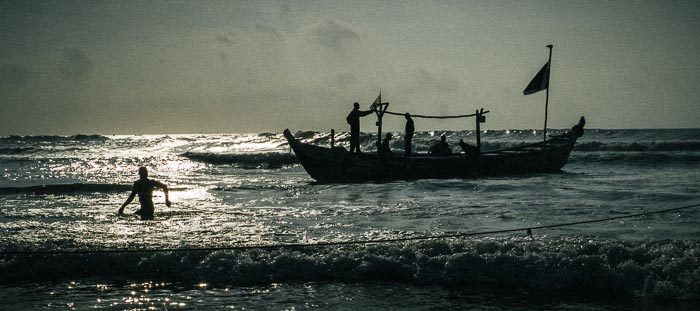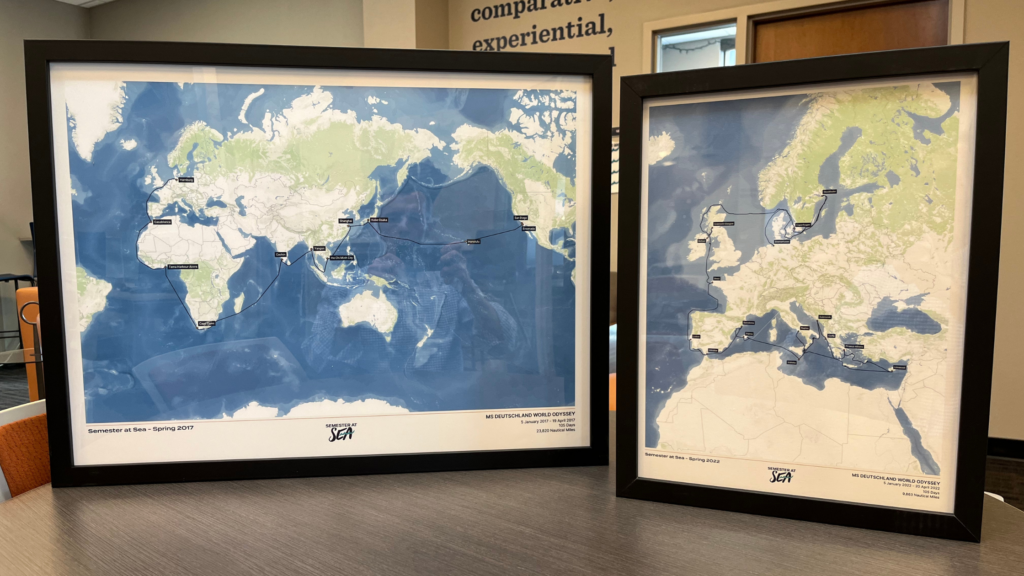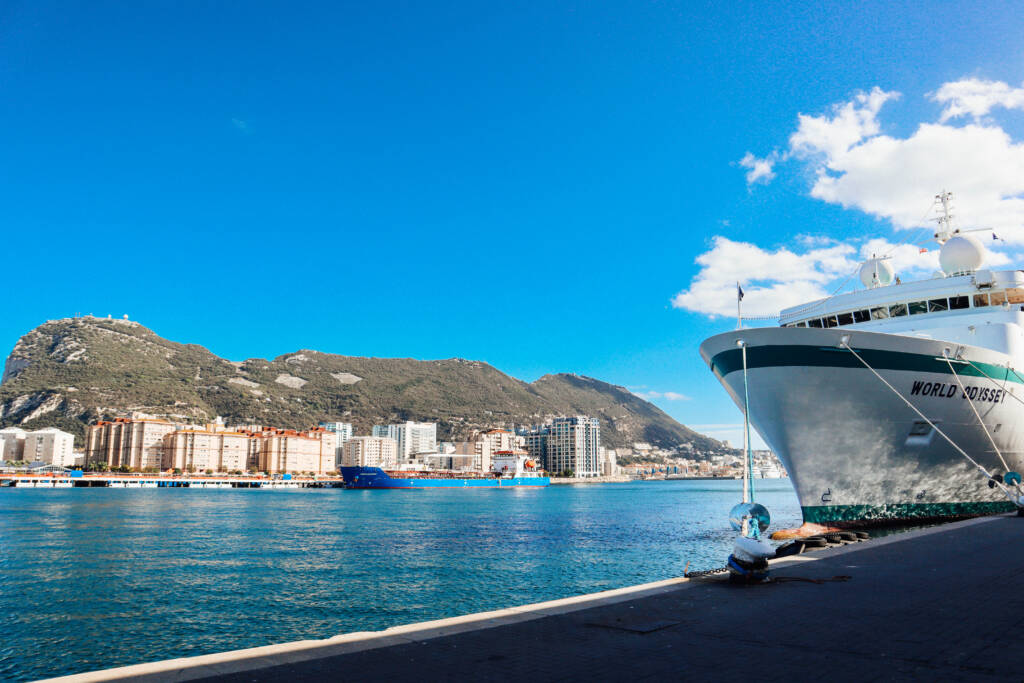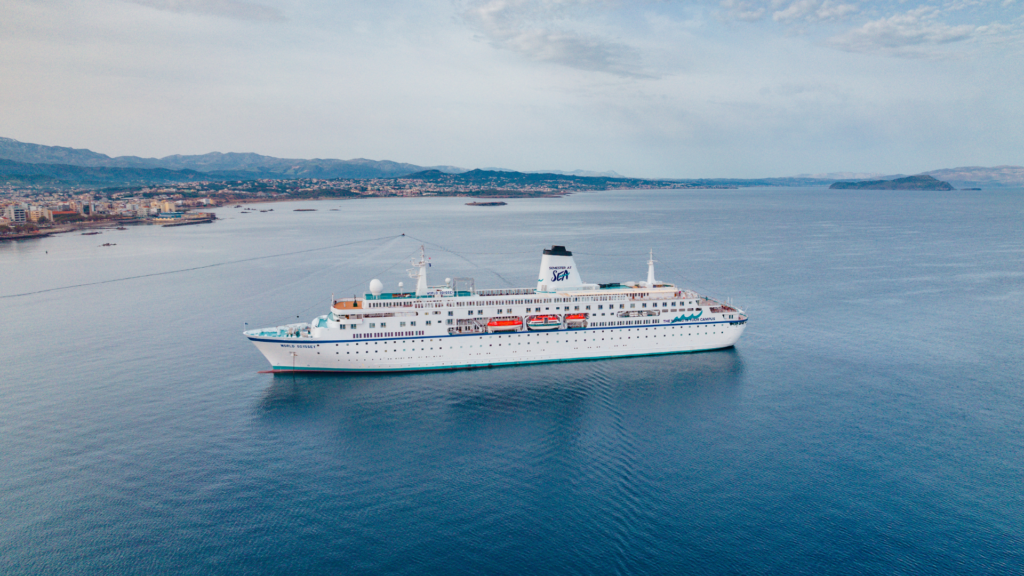About an hour outside of Tema, Ghana resides a fishing village named Teashie Nungua. It’s had electricity for some time, only recently got its’ first cellphone tower, but those whom dwell in large cities like Tema call Teshie Nungua “the old Ghana” or “the real Ghana”. “People are more relaxed here,” they “live the old life”. Their language is ancient; English, spoken over much of Ghana, is foreign here. Fishing is the industry, and often the currency too. Nearly everyone who lives in town is, in one way or another, part of the fishing trade. The men build the boats, weave the nets, and sail all night to catch the fish. The woman dry, smoke, or fry the fish, and they bring them to market to sell. It is a fascinating process and a beautiful town.



























